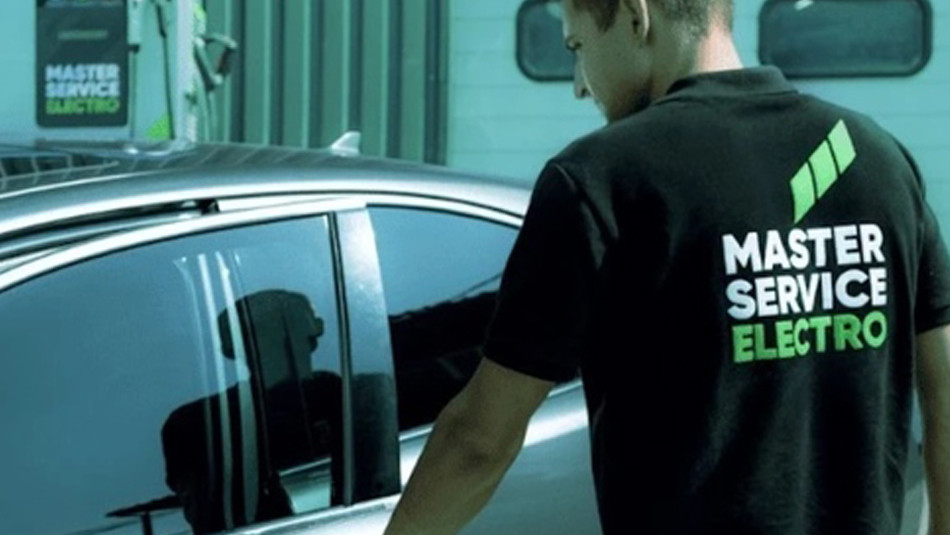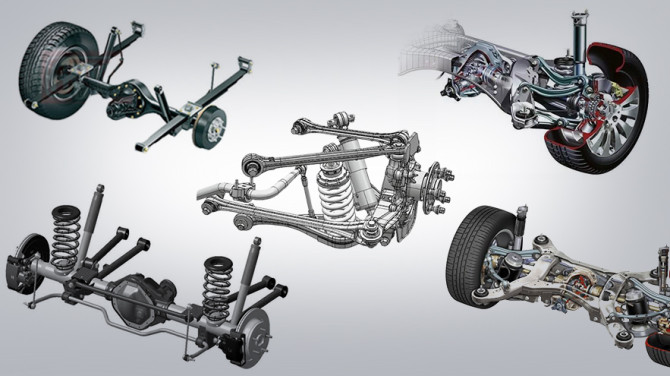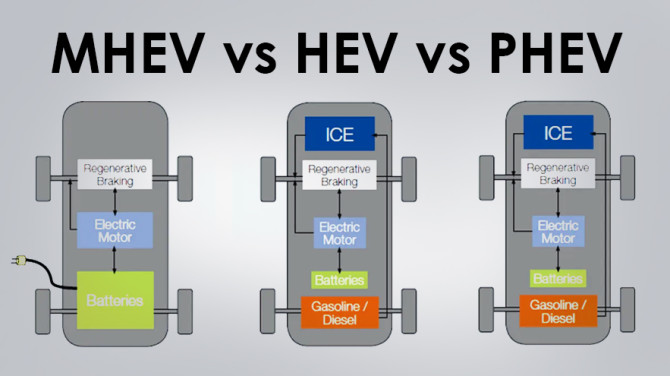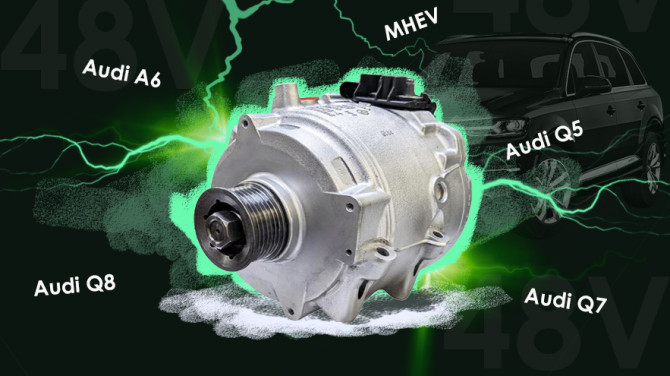8 Most Frequent Violations in the Operation of Hybrid Cars

In this overview, we will list the main violations that lead to malfunctions of the battery, electric motor, engine, cooling and air conditioning systems, and other important components. According to the frequency of requests at STS, these breakdowns occur most often.
Violation #1: Extended Hybrid Standby with a Discharged Battery
Leaving a hybrid car with a fully discharged or poorly charged battery for an extended period is not advisable. This will result in rapid degradation of the power source and its subsequent replacement.
Let's break it down.
The hybrid's software system is configured to allow the car to autonomously determine and control the battery charge level. When it drops to 40%, a warning message appears on the dashboard in the battery charge indicator field. This option protects the battery from prolonged idle periods without charge and allows the electric motor to start at a working percentage.
In other words, by leaving the car overnight or even for a week, the driver can be confident that the battery has the necessary charge percentage for starting.
However, a different scenario arises when a hybrid car is stationary, such as during repairs or transportation from an auction. In this case, the idle period can last for months. The car is motionless, the charge is at zero, and irreversible processes begin in the battery during this time.
Violation #2: Use of Poor-Quality Fuel
The fuel for hybrid cars should be of high quality, easily ignitable, and not prone to detonation. Half-measures or cost-cutting are undesirable here.
For reference: hybrid models are recommended to use gasoline with an octane number of 98 or higher. The higher the octane number, the slower the mixture of gasoline with air burns, allowing the engine to handle peak loads without the risk of damage.
Hybrid cars with gas equipment: how does it work?
The hybrid engine always starts on gasoline, and only then does the system switch to gas. During the transition between gasoline and gas, detonation may occur, leading to piston, valve, and engine bearing damage. Installing any additional equipment affects the entire car system. It is worth weighing all the pros and cons before making a final decision.
Violation #3: Blocking Battery Air Ducts
Air is drawn from the interior through special air ducts located in the rear seat area to cool the hybrid battery. Car owners, unaware of this, often cover the air ducts with seat covers.
Violation #4: Ignoring Scheduled Replacement of Working Fluids
Brake fluid, antifreeze, engine oil, and refrigerant—all these substances need timely replacement. Otherwise, critical breakdowns may occur, such as the failure of the air conditioner compressor, damage to the coolant pump, radiator, transmission, engine, fuel system, and more.
Schedule for replacing working fluids for hybrids:
- Brake fluid: replacement every 2-3 years.
- Cooling fluid: replacement every 4 years.
- Hybrid transmission oil: every 10,000 km or once a year.
- Engine oil: every 8,000 km or once a year.
- Refrigerant: check twice a year (spring and fall).
For reference: hybrid engine oil needs to be changed even more frequently than in a regular car. This is because the hybrid engine starts more often in cold starts. During cold starts, the amount of oil entering the fuel is much greater than during normal car operation.
Violation #5: Missing Scheduled Replacement of the Coolant Pump
It is important to adhere to the schedule for replacing the coolant pump set by the manufacturer. A faulty coolant pump leads to the failure of the inverter and internal combustion engine.
Violation #6: Untimely Replacement of the Air Filter
The air filter should be replaced once a year or every 8,000 km, as regulated by the internal combustion engine oil change. Although some drivers believe that replacing the air filter every 20,000 km is sufficient, STS recommends adhering to the replacement schedule specified by the car manufacturer.
Violation #7: Skipping High-Voltage Battery Service
High-voltage battery service needs to be conducted every 30,000 km, as specified by the manufacturer. This includes air space purging of the battery, visual inspection, and cleaning of elements if necessary.
The point is that dust accumulates in the air space between the battery elements during operation, hindering the forced cooling of the battery and acting as an additional conductor that can cause a short circuit. In this case, the hybrid's onboard computer displays the error "High-Voltage Isolation Breakdown."
Important: entrust high-voltage battery service only to professionals. All work on high-voltage components can only be performed by certified specialists with a fourth category qualification in electrical safety and permission to work with electrical equipment up to 1000V.
Violation #8: Neglecting Brake Pad Maintenance
The braking system of hybrid cars participates in energy recuperation. Hybrids brake first with motor-generators, then with front brakes, and finally with rear brakes. On the one hand, the lifespan of the brake pads increases, but on the other hand, due to infrequent use, the guide supports on the brake pads can corrode. It is necessary to regularly check their condition.
Services for Hybrid Cars at STSElectro
Operating a hybrid car involves technical peculiarities. Pay attention to them and trust your car to specialized professionals. Below is a list of basic services for hybrid cars at STS Electro
- Computer diagnostics of hybrid cars.
- Computer diagnostics of the hybrid car battery.
- Diagnosis of the hybrid compressor conditioner.
- Repair of the electric motor, transmission, reducer, inverter.
- Repair of the cooling and heating system.
- Technical maintenance of hybrid cars, including the replacement of the coolant pump, air filter, working fluids.
- Air conditioning system repair.
- Diagnosis and repair of the ABS and ESP braking system.
- High-voltage battery service.
- And others.
Exclusive services for hybrids that distinguish the specialized service center STS Electro:
- Diagnosis of the hybrid high-voltage battery on the proprietary MS 800 stand. The stand allows for a comprehensive system diagnosis twice as fast and with more accurate results.
- Diagnosis of the air conditioner compressor on the proprietary MS 112 stand. This unique stand has no analogs. It allows for the diagnosis of new and used air conditioner compressors for hybrids and electric cars.


